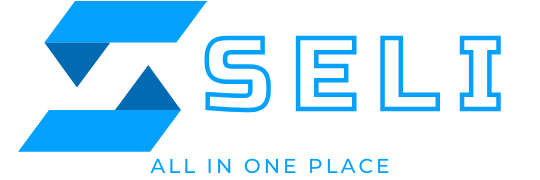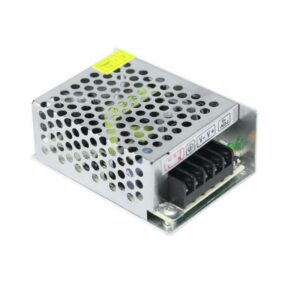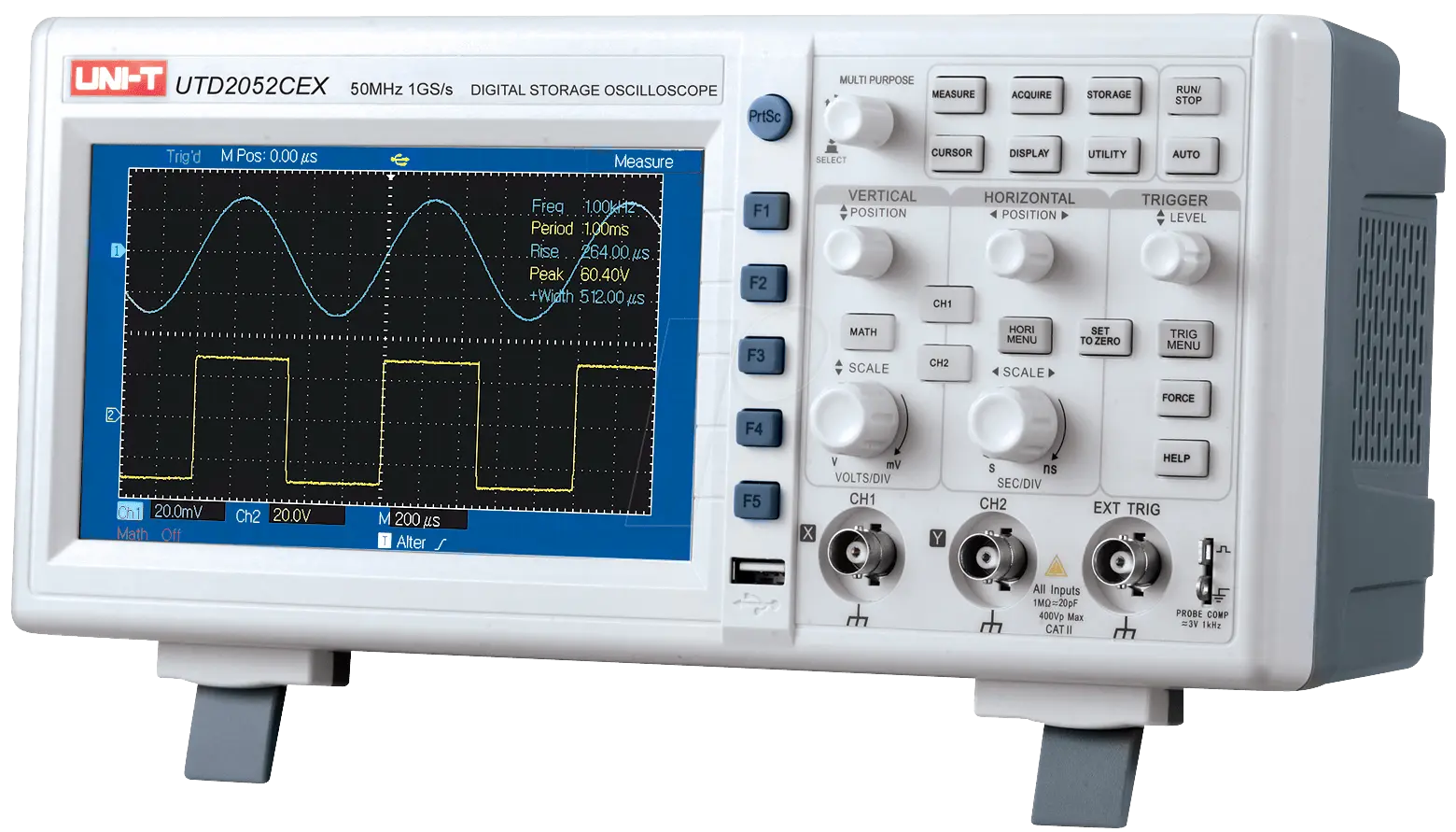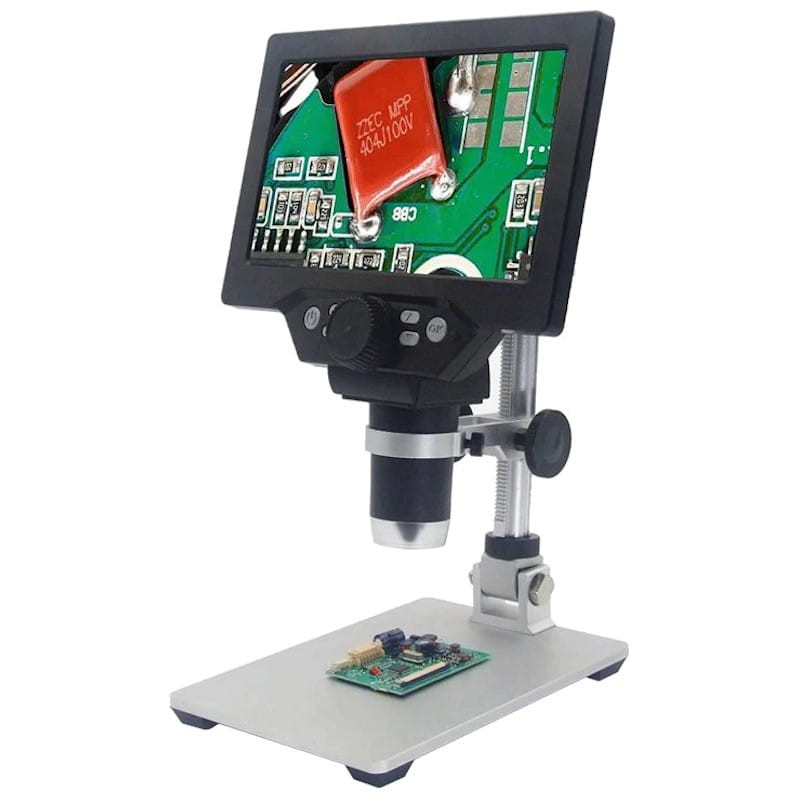The Increase of Education And Learning Operatings Systems: Changing Learning in the Digital Age

Over the last few years, the landscape of education has actually gone through an extensive change. At the heart of this change is the emergence of education systems, which have revolutionized the method we accessibility and provide understanding. These platforms are greater than just electronic tools; they represent a paradigm change in education and learning, driven by technological improvements and the growing need for adaptable, tailored discovering experiences.
Education platforms include a vast selection of services and functionalities, from on the internet training courses and digital classrooms to interactive simulations and collective tools. They satisfy learners of any ages, backgrounds, and rate of interests, offering accessibility to a wide range of knowledge and sources formerly unbelievable.
Recognizing Education And Learning Platforms
Education and learning systems are digital environments that assist in the delivery and monitoring of educational material. These systems come in various kinds, each created to resolve particular educational demands.

They can be extensively categorized into Knowing Administration Solution (LMS), Massive Open Online Courses (MOOCs), and specialized systems for niche topics.
An LMS is commonly used tutoring network by establishments to handle training course products, assessments, and trainee progress. It functions as a central hub where educators can upload resources and keep track of trainee efficiency. Examples include Blackboard and Moodle, which are commonly taken on in universities and institutions worldwide.
MOOCs, on the other hand, deal programs to a substantial target market, typically free of charge or at an inexpensive. These systems, such as Coursera and edX, partner with prominent universities to provide high-grade web content to hundreds of learners all at once.
- Knowing Administration Systems (LMS)
- Huge Open Online Courses (MOOCs)
- Specialized Educational Operating Systems
Although these systems have distinct characteristics, they share a common objective: to make education and learning more available, interactive, and learner-centered. They take advantage of innovation to damage down geographical obstacles and encourage individuals to go after lifelong learning at their very own rate.
The Advantages of Education And Learning Operatings Systems
The appeal of education and learning platforms can be attributed to a myriad of benefits they offer both students and teachers. Among the most significant benefits is adaptability. Unlike typical class settings, on the internet systems enable students to access web content anytime, anywhere. This versatility is especially beneficial for working experts, moms and dads, and individuals with varying routines.
Another remarkable advantage is the ability to personalize learning experiences. Education systems harness information and analytics to customize web content to specific requirements and finding out designs. This individualized strategy boosts pupil involvement and boosts finding out results by addressing specific locations of stamina and weakness.
In addition, education platforms commonly integrate interactive elements such as tests, conversations, and multimedia web content, making finding out more engaging and dynamic. This interactivity cultivates a deeper understanding of the product and motivates energetic engagement from students.
Challenges and Factors to consider
While education and learning systems offer numerous benefits, they are not without challenges. One of the primary problems is making certain equal accessibility to technology and the internet. The electronic divide stays a significant barrier for numerous learners, specifically in remote or financially disadvantaged locations.
- Making Sure Accessibility to Innovation
- Keeping Quality Standards
- Dealing With Personal Privacy and Security Issues
Keeping the quality of education is one more obstacle encountered by these platforms. With the fast spreading of on the internet programs, guaranteeing that material is accurate, credible, and up-to-date is critical. In addition, teachers should be adequately educated to make use of these platforms efficiently and provide interesting web content.
Privacy and security worries are likewise vital, as individual information is collected and kept on these platforms. Protecting this info and preserving individual trust are essential for the ongoing success of education platforms.
The Future of Education Platforms
The future of education and learning platforms is appealing, with recurring developments in technology set to further boost their capacities. Developments such as expert system, virtual reality, and blockchain are poised to revolutionize the means education and learning is supplied and experienced.
Expert system can give much more individualized knowing experiences by analyzing information to anticipate and resolve specific knowing needs. Virtual truth uses immersive knowing experiences, permitting trainees to discover environments and circumstances that would certainly otherwise be unattainable.
Final Thought: Embracing Digital Improvement in Education
As education systems remain to evolve, they hold the potential to equalize education and learning and empower students worldwide. By welcoming digital improvement, teachers and organizations can improve the high quality and reach of their offerings, preparing trainees for the obstacles of the modern world.
To conclude, education and learning systems stand for a significant change in the instructional paradigm, supplying extraordinary opportunities for learners to accessibility understanding and skills. As these systems expand and adapt, they will definitely play an essential duty in shaping the future of education and learning.











